May 14, 2025
Divorce is undeniably one of life's most stressful and emotionally taxing experiences. In Atlanta, as in the rest of Georgia, the process involves navigating a specific set of legal requirements, financial disclosures, and crucial decisions that will shape your future and that of your family. While no divorce is entirely without its challenges, being aware of common mistakes and actively working to avoid them can significantly streamline the proceedings, reduce unnecessary conflict, and lead to a more favorable and equitable outcome. At Atlanta Divorce and Custody Law Firm, we've guided countless individuals through the complexities of Georgia divorce. We understand that during such an overwhelming time, it's easy to make missteps that can have lasting consequences. This post highlights some of the most common mistakes we see individuals make during their Atlanta divorce proceedings and offers insights on how to steer clear of them, ensuring you approach this transition with clarity and confidence. Ignorance Isn't Bliss: Overlooking Georgia's Specific Divorce Laws One of the most significant errors is assuming that divorce laws are the same everywhere or relying on advice from friends or family who divorced in other states. Georgia has its own distinct statutes governing every aspect of divorce, including residency requirements, grounds for divorce (though "irretrievably broken" is the common no-fault ground), how marital property is divided ("equitable distribution," not necessarily 50/50), and how alimony (spousal support) and child custody are determined. For instance, understanding what constitutes "marital property" versus "separate property" under Georgia law is crucial for a fair division of assets. Similarly, Georgia's child support guidelines and the factors courts consider for custody (always the "best interest of the child") must be clearly understood. Proceeding without this foundational knowledge can lead to unrealistic expectations and poor decision-making. To avoid this, take the time to learn about Georgia's specific laws or, better yet, consult with an experienced Atlanta divorce attorney who can explain your rights and obligations clearly. Riding the Emotional Roller-coaster: Allowing Feelings to Steer Your Legal Strategy Divorce is inherently emotional. Feelings of anger, hurt, betrayal, sadness, and fear are all normal. However, allowing these powerful emotions to drive your legal and financial decisions is a recipe for disaster. Making choices out of spite, a desire for revenge, or overwhelming grief can lead to protracted legal battles, increased costs, and outcomes that are not in your or your children's long-term best interests. For example, fighting over every single household item out of principle, or refusing reasonable settlement offers because you want to "punish" your spouse, often does more harm than good. While your feelings are valid, try to approach negotiations and decisions with a focus on rational, long-term goals. An experienced attorney can serve as an objective third party, helping you see past the immediate emotional turmoil and focus on strategic decisions that will benefit your future. The Perils of Concealment: Why Hiding Assets or Information Will Backfire In any Atlanta divorce, both parties are legally required to provide full and honest disclosure of all their assets, debts, income, and expenses. This is typically done through a document called a Domestic Relations Financial Affidavit (DRFA) in Georgia. Attempting to hide assets, undervalue property, or fail to disclose income is not only unethical but also illegal and carries severe consequences. If discovered—and it often is through the legal discovery process—you could face serious penalties from the court, including sanctions, being ordered to pay your spouse's attorney fees, and a loss of credibility that can negatively impact all aspects of your case, including property division and support determinations. The court might even award a larger share of the known assets to your spouse. Transparency and honesty are paramount. Work with your attorney to ensure your financial disclosures are accurate and complete. Packing Up Too Soon? The Risks of Vacating the Marital Home Without a Plan While it might seem like the easiest way to reduce tension, moving out of the marital home without careful consideration and legal advice can have unintended consequences in your Atlanta divorce, particularly concerning child custody and potentially, temporary financial arrangements. Although Georgia law doesn't automatically penalize a spouse for moving out regarding property rights (the marital home, if acquired during the marriage, is typically subject to equitable division regardless of who lives there during the divorce), it can influence temporary custody orders. If children are involved, and one parent moves out, it might inadvertently create a "status quo" where the other parent is seen as the primary caregiver, potentially impacting temporary and even final custody arrangements. Furthermore, agreements should be made regarding payment of the mortgage, utilities, and upkeep. Before making such a significant move, discuss the potential strategic implications with your Atlanta divorce attorney. In situations involving domestic violence, your safety is the priority, and an attorney can help you take appropriate steps, including seeking a Temporary Protective Order. Caught in the Crossfire: The Detrimental Impact of Involving Children in Adult Disputes Divorce is difficult for children, and one of the most damaging mistakes parents can make is to put them in the middle of adult conflicts. Using children as messengers, asking them to take sides, "bad-mouthing" the other parent in their presence, or sharing inappropriate details about the divorce can cause significant emotional and psychological harm. Georgia courts always prioritize the best interests of the children when making custody decisions. Demonstrating an ability to co-parent effectively and shield your children from conflict is viewed favorably. Conversely, actions that undermine the other parent's relationship with the children can be detrimental to your custody case. Focus on fostering a stable and supportive environment for your children. At Atlanta Divorce and Custody Law Firm, we emphasize child-centric approaches to resolving custody matters. Financial Blind Spots: Failing to Conduct Comprehensive Financial Investigation A fair divorce settlement hinges on a complete and accurate understanding of the marital financial landscape. This includes all assets (bank accounts, investments, real estate, retirement funds, business interests) and all debts (mortgages, loans, credit cards). Failing to uncover all assets or accurately value them can lead to an inequitable settlement that you may regret for years. Don't assume your spouse's financial disclosures are complete or accurate. Gather all financial documents you can access, including tax returns, bank and credit card statements, investment reports, pay stubs, and business records. If necessary, your attorney can employ formal discovery tools or even engage forensic accountants to trace assets or value complex holdings like a business. Ensuring every asset and debt is accounted for is crucial for equitable distribution. The Social Media Trap: How Online Posts Can Sabotage Your Divorce Case In today's digital age, it's tempting to share life updates, frustrations, or even new relationships on social media. However, during a divorce, your social media activity can become a goldmine of evidence for your spouse's attorney. Posts about new purchases, vacations, or your social life can be used to contradict claims about financial need or parental fitness. Negative comments about your spouse can demonstrate an unwillingness to co-parent amicably. Even seemingly private posts or messages can often be discoverable in legal proceedings. The safest approach is to significantly limit or altogether cease social media activity until your divorce is finalized. If you must post, be extremely mindful of the content and assume anything you share could be presented in court. Adjust your privacy settings to the highest level, but understand this isn't foolproof. Courtroom Tunnel Vision: Overlooking Effective Out-of-Court Resolution Methods Many people assume divorce inevitably means a contentious courtroom battle. However, in Atlanta, there are several alternative dispute resolution (ADR) methods that can be more amicable, cost-effective, and provide more control over the outcome. These include: Mediation : A neutral third-party mediator helps you and your spouse negotiate a mutually acceptable agreement. The mediator doesn't make decisions but facilitates communication and compromise. Collaborative Divorce : Both spouses and their specially trained collaborative attorneys agree to work together to reach a settlement without going to court. Other professionals, like financial neutrals and child specialists, may be part of the team. Discuss these options with your attorney. While litigation is sometimes necessary, exploring ADR can often lead to a more peaceful and tailored resolution. Loose Ends: The Critical Need to Update Wills, Beneficiaries, and Powers of Attorney Divorce significantly alters your life circumstances, and your estate plan needs to reflect these changes. Failing to update documents like your will, trusts, powers of attorney (for healthcare and finances), and beneficiary designations on life insurance policies and retirement accounts can lead to unintended and often undesirable consequences. For example, without an update, your ex-spouse could remain your primary beneficiary. Once your divorce is underway or finalized, make it a priority to review and revise these crucial documents with an estate planning attorney to ensure your assets are distributed according to your current wishes. The DIY Divorce Gamble: Risks of Navigating Complex Legalities Without Expert Guidance While a "do-it-yourself" divorce might seem like a way to save money, it can be a costly mistake in the long run, especially if you have children, significant assets, debts, or disagreements with your spouse. Georgia's divorce laws and procedures are complex. Errors in paperwork, misunderstandings of your rights, or agreeing to an unfair settlement can have lasting negative impacts that are difficult and expensive to undo. An experienced Atlanta divorce attorney can help you understand the law, protect your rights, negotiate effectively, ensure all paperwork is correctly filed, and advocate for your best interests. The investment in professional legal representation often pays for itself by helping you achieve a fair outcome and avoid costly errors. Conclusion: Charting a Wiser Course Through Your Atlanta Divorce Navigating a divorce in Atlanta requires careful attention to legal details, emotional regulation, and strategic decision-making. By understanding and actively avoiding these common mistakes, you can approach your divorce with greater preparedness and work towards a resolution that protects your interests and allows you to move forward constructively. The journey through divorce is rarely easy, but you don't have to walk it alone. The experienced attorneys at Atlanta Divorce and Custody Law Firm are here to provide the knowledgeable guidance and dedicated advocacy you need to navigate these complexities successfully. We are committed to helping you understand your options, protect your rights, and achieve the best possible outcome for you and your family. Disclaimer: This blog post is intended for informational purposes only and does not constitute legal advice or create an attorney-client relationship. 1 Family laws in Georgia, particularly those concerning legitimation, paternity, custody, and child support, are complex and fact-specific. You should consult with a qualified Georgia family law attorney regarding your particular situation. Contact The Atlanta Divorce and Custody Law Firm for personalized legal counsel.











